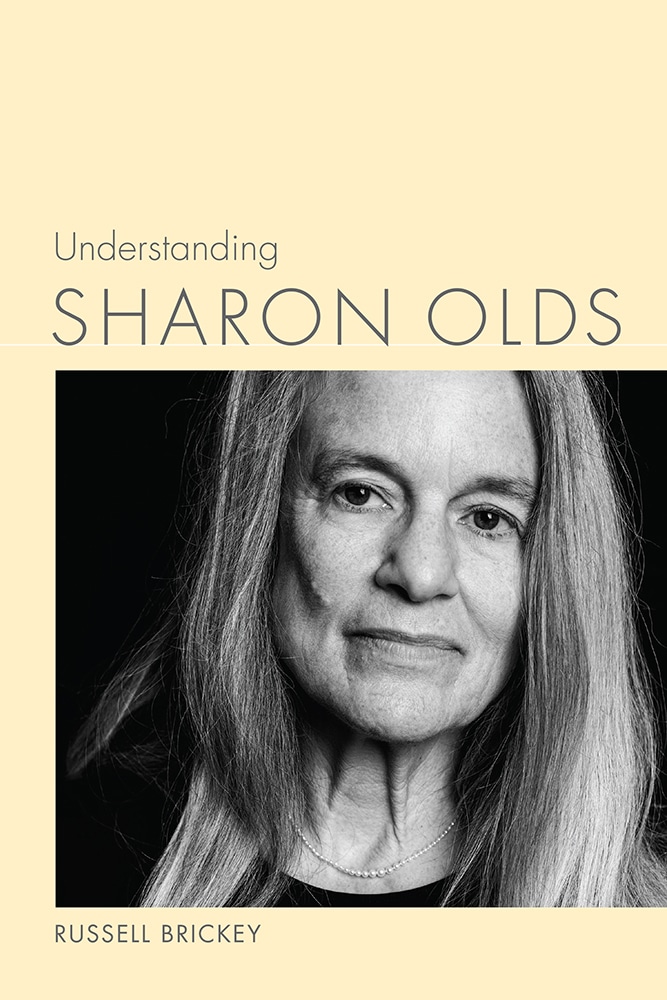Black History Month Sale: 40% off all books, plus FREE SHIPPING on all U.S. orders over $50 | Use code JBHM26

Size: 6 x 9
Pages: 152
Illustrations:
Russell Brickey
The inclusion of this book in the Open Carolina collection is made possible by the generous funding of
"This volume looks at her poetry as full of inspiring manifestos of a political and familial nature."—CHOICE
"Russell Brickey's well-organized study of Sharon Olds offers a thorough analysis of the poems, and shrewd placement of the poet in terms of confessional and post-confessional modes. He concentrates on issues that have animated Olds' poetics: memory, patriarchy, sex, blindness, family, motherhood, violence, and the body. Brickey acknowledges the controversial nature of Olds' work, which regards abject aspects of the body and sex as denoting a fallen America. He also celebrates Olds for her plain spoken rhetoric, wit, symbolism, empathy, and skill at connecting violence on a microcosmic scale to geopolitical conflicts in a global age."—Daniel Morris, Purdue University
"This first full-length study of Olds's poetry is a probing, appreciative examination of the themes, dramatis personae, and prosody in the Pulitzer Prize-winner's work to date. Russell Brickey responds thoughtfully to critics of Olds's style and provocative subject matter, and offers new perspectives on terms like confessionalism, feminism, and sexuality as applied to her poems. A substantial resource for readers and teachers of Olds's poetry, and an invaluable addition to any collection of contemporary poetry and criticism."—Carolyne Wright, author of A Change of Maps
"Because the poems of Sharon Olds so often disclose intimate personal details, some readers have been skittish toward them. Russell Brickey, though, gives a way to read Olds's version of intimacy not as 'too much information' but as a combination of the personal and the geopolitical that makes Olds 'a true poet of the global age.'"—H. L. Hix, author of Understanding W. S. Merwin and American Anger
"Russell Brickey's Understanding Sharon Olds offers a cogent and perceptive account of this important poet's life's work. Wide-ranging and refreshingly level-headed, Brickey's study is alert to the wider historical and cultural contexts in which the poems were produced. As important, it is sensitive to the detail of the poems—to their style and diction, and to Olds's distinctive voice."—Jo Gil, University of Exeter
Copyright 2026
Website By Morweb.org